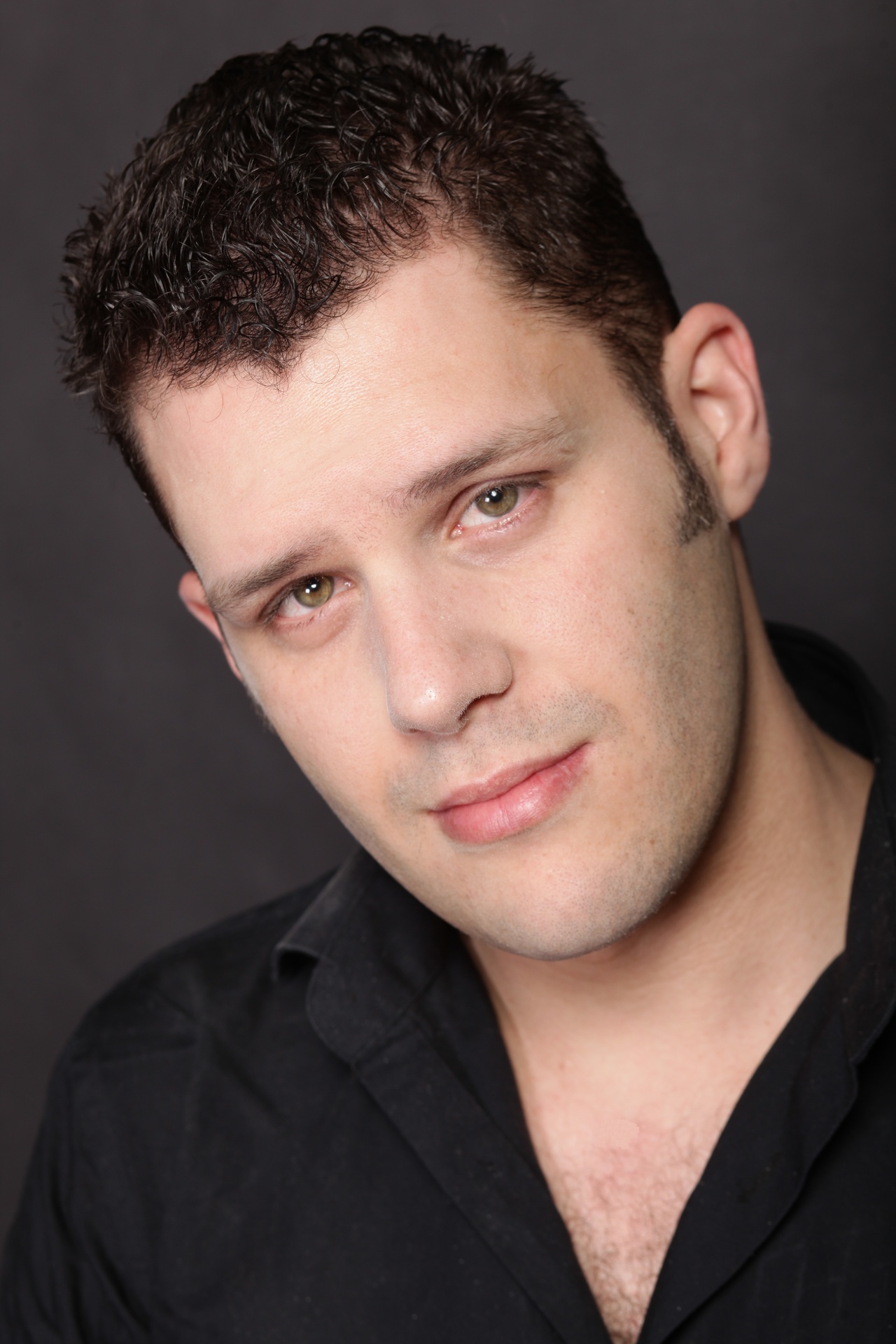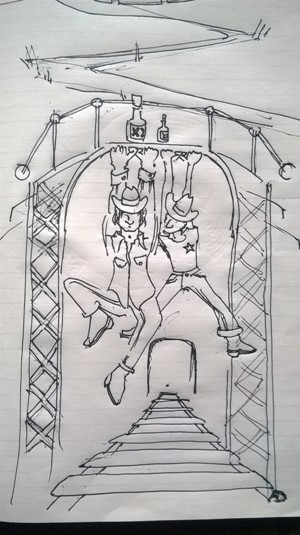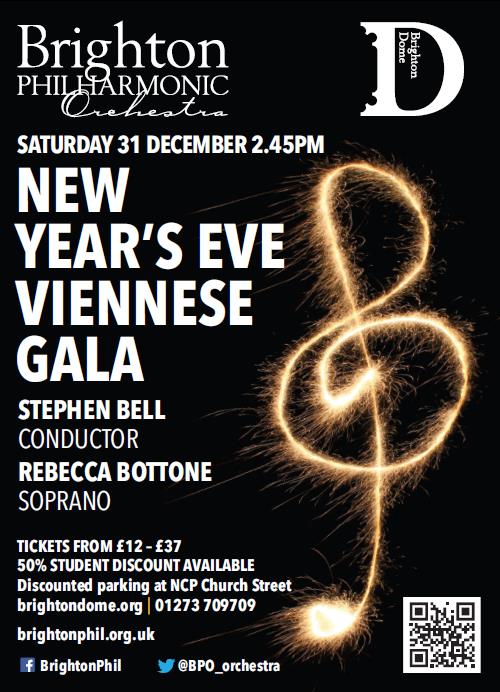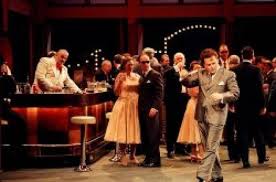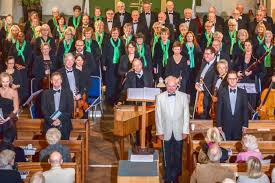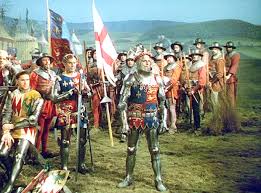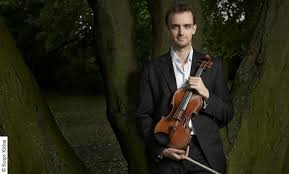A new, fully professional, orchestra? In Hastings? The idea might seem insane in this time of austerity but that would be to ignore the enthusiasm and expertise which Marcio da Silva has brought to Hastings over the last few years. Hastings Philharmonic Orchestra will be the first professional orchestra resident in Hastings for over half a century and his belief in the viability of the project was very evident when we met up just before Christmas.
‘It’s the next step for the choir’, he said. ‘Over the last few years, since I was invited to become Music Director for Hastings Philharmonic Choir, we have been working hard to improve the quality of the choir and the professionalism of the music-making. Now I feel we are right to expand upon this. I felt drawn to Hastings as it has so many people involved in the arts, and particularly in music – there are so many choirs! – and yet there is no regular music programme here – nothing is co-ordinated. So that is what we are planning to do. Our first full season will have ten concerts ranging from chamber music to full orchestral and choral evenings. I’m pleased that we have been offered a residency at St Mary in the Castle which will give us a permanent base and we can look to ensuring the right conditions are regularly available so that we don’t have to move staging every-time we hold an event.’
Hastings Philharmonic was launched last November with a concert in the White Rock Theatre. The venue – as the White Rock Pavilion – had been the home of Hastings Municipal Orchestra before the second World War, and so it seemed fitting to launch the new venture where the original had been so successful. Marcio da Silva is certainly not averse to taking risks and the opening concert for the first full season included a new work by Philip O’Meara and Beethoven’s Choral Symphony. The evening easily demonstrated the quality of the musicians he has gathered to form the basis of the ensemble. Many come from outside of Hastings but Marcio is keen to involve professional players who live closer to the town. In particular the number of strings will need to increase as large romantic works are contemplated.
‘I don’t want to chase musicians. I’d be happy to have players who live close to us but I want to ensure they are of the same professional standard as the rest of the players. We need to ensure we are providing high quality playing all the time. We need to ensure people know that they will get the best when they attend any of our published events. Happily those involved so far have a real sense of the adventure we are undertaking and are really committed. As part of our publicity we did a flash-mob performance of part of the Beethoven, and are looking for similar ways to promote ourselves in Hastings. Some events will be streamed to attract a wider audience, and there will be a new inter-active web-site to keep supporters in regular touch with him and plans as they evolve.
Alongside the choir and orchestra, Marcio runs Opera Academies which have been the basis of many of his staged performances. Here he works with young professional singers and brings them to a wider international audience.
Born in Brazil, Marcio da Silva studied singing and graduated from the Conservatoire de Toulouse, and received his Bachelor of Music Degree in orchestral conducting from the Musikhochschule Freiburg, followed by a master’s degree in conducting from the Royal College of Music. He has conducted the Pforzheimkammerorchester in Germany, Orchestra Sinfonica della Magna Grecia in Italy, Horizon Ensemble Bydgoszcz in Poland, Württembergische Philharmonie, Südwestdeutschephilharmonie Konstanz, and Stuttgartkammerorchester in Germany, Nord Tchechische Philarmonie in the Czech Republic,Orquestra Sinfonica de Minas Gerais in Brazil, Eski?ehir Metropolitan Orchestra and Çukurova Symphony Orchestra in Turkey, Kosovo Philharmonic Orchestra and London Symphony Orchestra during a Masterclass with Sir Colin Davis. He was one of the three finalists at the Princess Astrid Conducting Competition in Norway with the Trondheim Symphony Orchestra. He is also the Music Director of the Grange Choral Society, and Ensemble OrQuesta. As Music Director of Woodhouse Opera since 2012 Marcio has conducted and directed over 20 productions of operas ranging from less often performed works like Lully’s Armide to very popular works like Carmen, Magic Flute and La Boheme. His oratorio repertoire is large having conducted most of the main stream romantic and baroque oratorios. He is also a composer, with works including choral a capella pieces, art songs and a Te Deum for soloists, chorus and orchestra. He also sings extensively in chamber music and opera.
As his training and professional work indicates, he is a truly international musician who could easily work full-time anywhere in the world, but has chosen to focus on the South-East of England, intending to make Hastings a hub for a new and exciting approach to musical life.
‘Our first season, which started last November, is very wide ranging. We opened with the Beethoven, but also with the new choral piece by Philip as I wanted to ensure we are supporting new music and new music-making.
As a total change, and following the traditional Christmas Concert, we have a Bossa Nova evening at The Tabernacle on 13 January. Then two weeks later we have an evening of Bach, Handel and Monteverdi at St Clements. So much variety within such a short time! In March we have a chamber recital, followed in April by Mozart’s Requiem in St Mary in the Castle. The really big challenge of the season comes in May when will perform Brahms’ Second Symphony, followed by a fully staged Don Giovanni at the start of June. But that’s not the end – there is a French chamber music recital and the Durufle Requiem in July before we break for the summer. Just a short break before the 2017-18 season begins – and we’ve big plans for that already, building on this first season.’
We finished our coffee and I left Marcio before he headed off for another rehearsal. If professionalism and enthusiasm are any indicators, Hastings is in for a renaissance and the ghosts of the Municipal Orchestra will be smiling.

